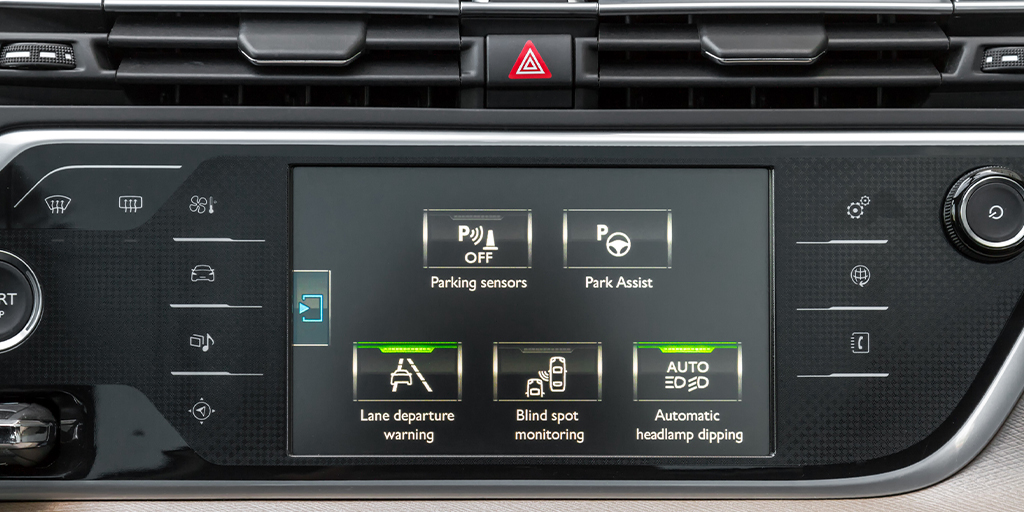To reach their conclusions, Geotab analysed the battery health of almost 5,000 fleet and private EVs, representing nearly 1.5 million days of telematics data, and found significant improvements in battery life over the past five years.
EV batteries degrade, on average, by 1.8% per year – compared to 2.3% when Geotab last performed a wholesale analysis of EV battery health in 2019. Going further, the best-performing EV models on sale today have battery degradation rates of just 1.0% annually. It is a number that is set to drop further as battery technology improves.
While some car buyers worry that an EV’s battery will not last, Geotab’s data shows that the vast majority of EV batteries will outlast a typical vehicle’s lifespan comfortably, with the Society of Motor Manufacturers and Traders (SMMT) reporting that the average age of a car at scrappage point in the UK is 13.9 years. The findings also bust one of the long-held myths around electric vehicles—that batteries are less reliable than their internal combustion engine (ICE) counterparts; the rate of battery deterioration is slower than that seen with ICE drivetrain components.
Interestingly, the research found that high-use batteries did not show significantly higher battery degradation than others. The benefit to high-mileage drivers is that their car’s sustained battery efficiency, despite the extra miles, delivers a better cost-vs-value outcome the more they are driven; the battery range is sustained, and the car’s resale value is likely to see the vehicle achieve a better resale price relative to mileage price because the used car‘s State of Charge (SoC)—the emerging metric for used EV battery retained capacity, remains strong.
Battery chemistry and thermal management of the battery pack are potential contributors to why some vehicle models degrade faster than others, on average.









